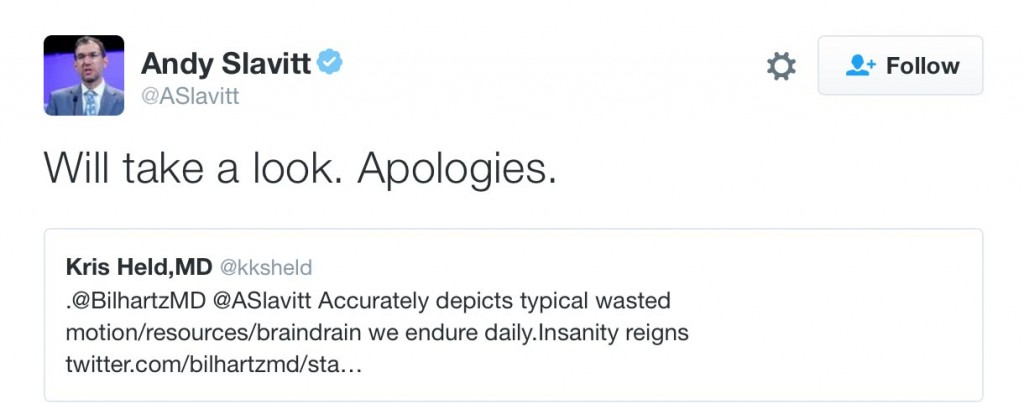I’m obsessed about finding ways to better deliver high-quality and affordable medical care.
And, yes, it obviously starts by eliminating the medical waste that’s preventing it. What’s on the chopping block for today?
Mandated medical documentation.
Follow me around for a single morning. It’s the most obvious waste you will recognize.
Ninety-five percent of it might as well be monkeys typing on a typewriter. No one providing care wants to read any of it. Because it’s not helpful.
There are lots of letters on the page. And, there are lots of pages.
Frequently, it’s an unsolvable puzzle. In fact, I challenge you to find much of anything that really matters inside a patient’s chart anymore.
I guarantee you the insurance companies don’t read any of it. I send them records all the time trying to get studies approved for my patients. They read absolutely none of it.
They just deny the test. Then, I have to call them. Wait on hold. Talk to a nursing supervisor. I just hung up the phone with one a few minutes ago. Do you know what she asked me?
“Doctor, can you tell me the reason you are ordering this test?”
Tell you?
I sent you two-dozen pages of notes. You are looking at them now. Why don’t you read what I send you?
I’ve got my theory on this one.
WE HAVE ALL JUST GIVEN UP.














Recent Comments